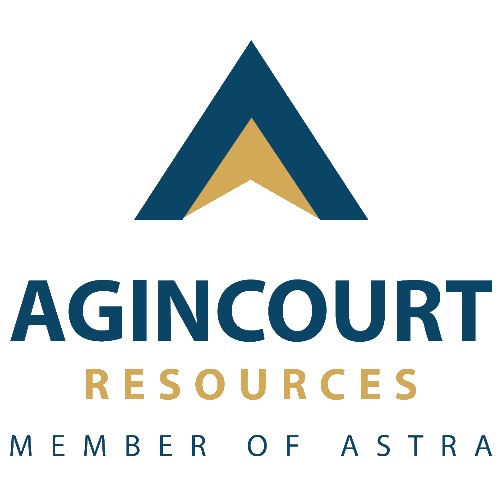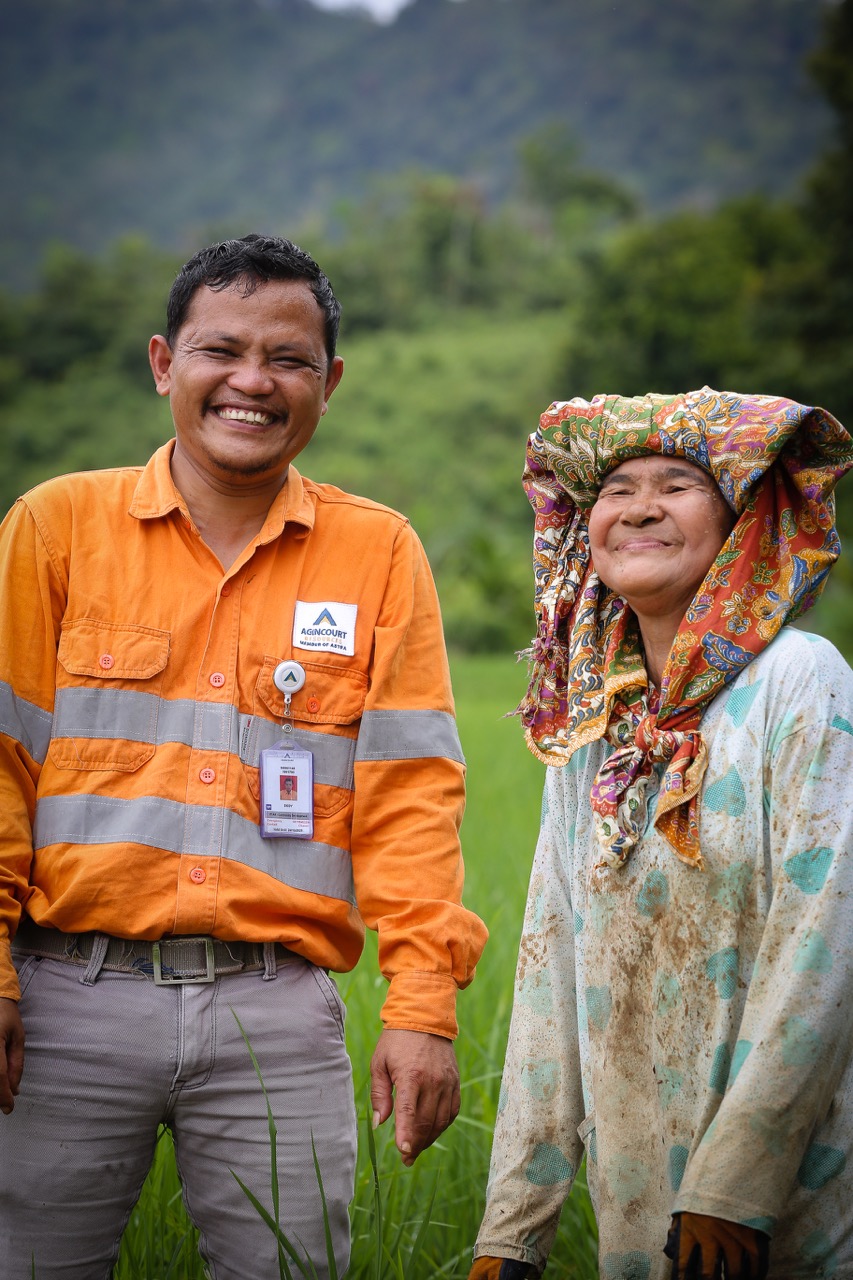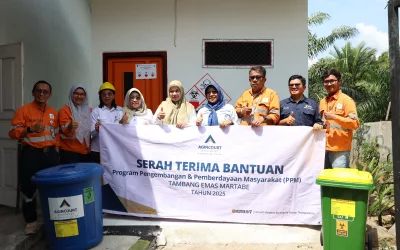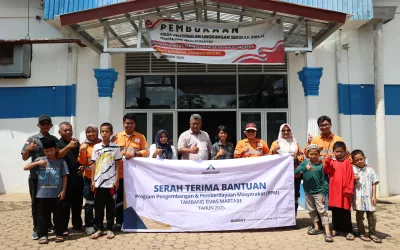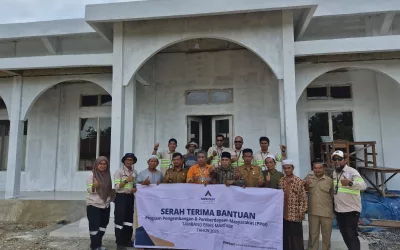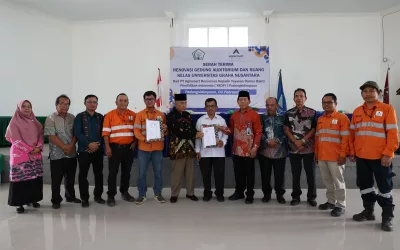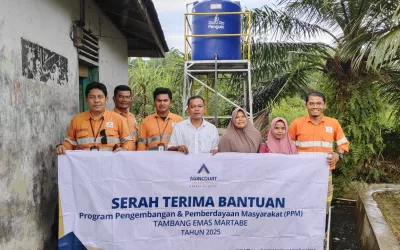In recent years, concerns about the social responsibility of industry have become an increasingly high-profile issue in many countries and industries, none more so than the mining industry. Social issues including the environmental and human health consequences of mining as well as the disparity in income distribution from mining revenues are disproportionately felt at the local community level.
On the other hand, the notion of sustainable development lies in progress within three dimensions: economic development, environmental protection and social cohesion. Its principles are described as social progress that recognises the needs of everyone; effective protection of the environment; prudent use of natural resources; and maintenance of high and stable levels of economic growth and employment.
Four areas were identified as extremely important for the future sustainability of mining.
- Human Health: Recognize that certain life stages are more vulnerable to toxicants including fetal exposures and young children.
- Ecosystem Services: Understand that ecosystems are vulnerable and that ecosystem services are provided by healthy soil and water supplies.
- Post-Mining Land Use: Improve the design for closure strategy to restore ecosystems to productive life cycles.
- Social License: Understand how health and environmental consequences affect social license to operate.
Read Also: Social Programs
Efforts to mitigate environmental impacts, protect local communities and improve mining practices should be undertaken throughout the life of a mine. As responsible companies we must have a vision that not only focuses on an environmentally safe mining operation today but also, in the long-term, by looking for a viable end-of-mine strategy.
The International Council on Mining and Metals (ICMM), formed in 2001, as a partnership between the major trans-national large-scale metal mining companies, has developed codes of conduct and established best practices for the mining industry. Their sustainable development framework has 10 guiding principles:
- Implement and maintain ethical business practices and sound systems of corporate governance
- Integrate sustainable development considerations within the corporate decision-making process
- Uphold fundamental human rights and respect cultures, customs and values in dealings with employees and others who are affected by mining activities
- Implement risk management strategies based on valid data and sound science
- Seek continual improvement of our health and safety performance
- Seek continual improvement of our environmental performance
- Contribute to conservation of biodiversity and integrated approaches to land use planning
- Facilitate and encourage responsible product design, use, re-use, recycling and disposal of mining products
- Contribute to the social, economic and institutional development of the communities in which we operate
- Implement effective and transparent engagement, communication and independently verified reporting arrangements with our stakeholders
To implement these principles, mining companies should have a Corporate Social Responsibility (CSR) framework. CSR relates to the activities of businesses, particularly in terms of their contribution to achieving economic, social and environmental sustainability. For the mining industry, CSR is about balancing the diverse demands of communities, and the imperative to protect the environment, with the ever-present need to make a profit. CSR calls for a company to respond not only to its shareholders, but also to other stakeholders, including employees, customers, affected communities and the general public, on issues such as human rights, employee welfare and climate change.
